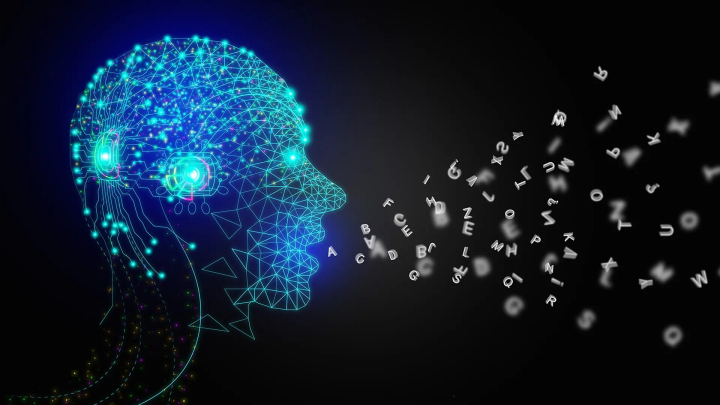UMD Team Creates AI Tool to Give Memory a Hand
What is melancholy, really?
Consider a hardworking collie after a day of herding sheep. She’ll be hungry, but all she has to eat is a melon. The pup will be sad—melancholy, even.
Whether it’s memorizing vocabulary for a test or learning new foreign language phrases, we’ve all used such “keyword mnemonics,” which help us to learn and remember new terms or phrases by associating them with something that’s easy to recall. But crafting mnemonics can be almost as hard as memorization. What if there was a way to make using this classic technique easier?
Enter SMART—an AI-driven keyword mnemonic generator created by University of Maryland researchers in the Computational Linguistics and Information Processing (CLIP) Lab. Designed to simplify mnemonic generation for students, SMART was showcased last week at the Conference on Empirical Methods in Natural Language Processing in Miami.
For Nishant Balepur, a second-year Ph.D. student in computer science who is leading the project, memorizing hundreds of unfamiliar terms and concepts for the GRE graduate school entry exam stopped being “painfully tedious,” thanks to mnemonics, which he finds “fun and effective.”
Although Balepur recalls struggling to come up with some of them on his own, when large language models (LLMs) like ChatGPT entered the picture not long after he took the GRE, he realized they might be the perfect tool to help students produce mnemonics.
Click HERE to read the full article
The Department welcomes comments, suggestions and corrections. Send email to editor [-at-] cs [dot] umd [dot] edu.
